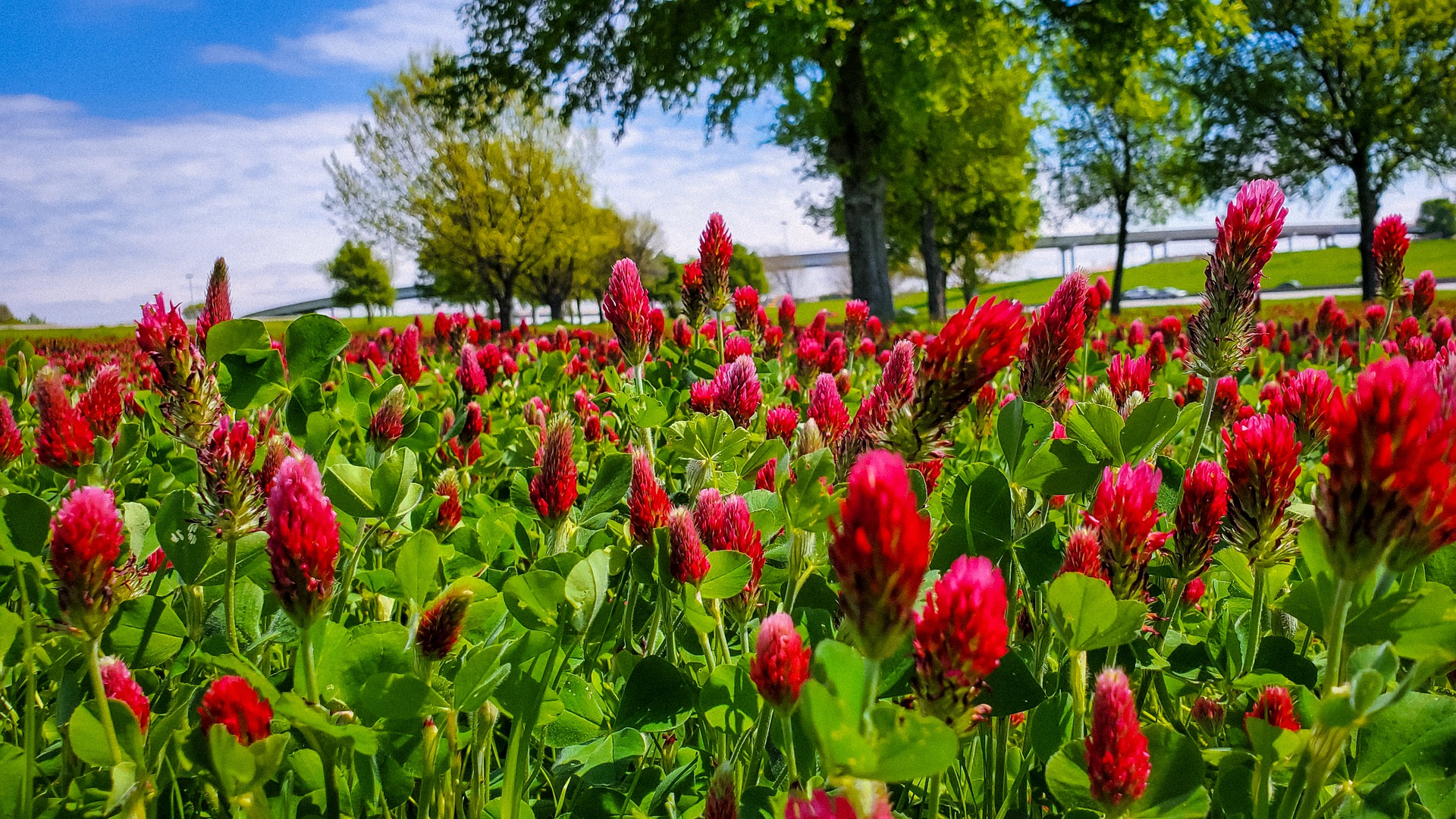
A cover crop is a plant or mixture of plant species that are grown between cash crops, typically being established after cash crop harvest and terminated prior to the planting of the subsequent cash crop. The main benefits of cover crops include:
- Reduce erosion
- Improve soil stability
- Enhance soil microbial activity
- Increase infiltration
- Reduce weed pressure
- Boost nutrient cycling
- Increase carbon sequestration
Resources
UT Cover Crop Variety Tests – 2021
What does soil health mean for Tennessee farmers?
TN NRCS Cover Crop Requirements (340)
Do Cover Crops Impact Weed and Crop Germination?
Cover Crops Demonstrate Potential to Double as Forage
Videos
Can Cover Crops cause Allelopathic Effects on Soybean Germination?
Impact of Cover Crops on Soil Infiltration Rates
2020 Cover Crop Variety Trial Results: Biomass and Cover
2020 Cover Crop Variety Trial Results: Nitrogen